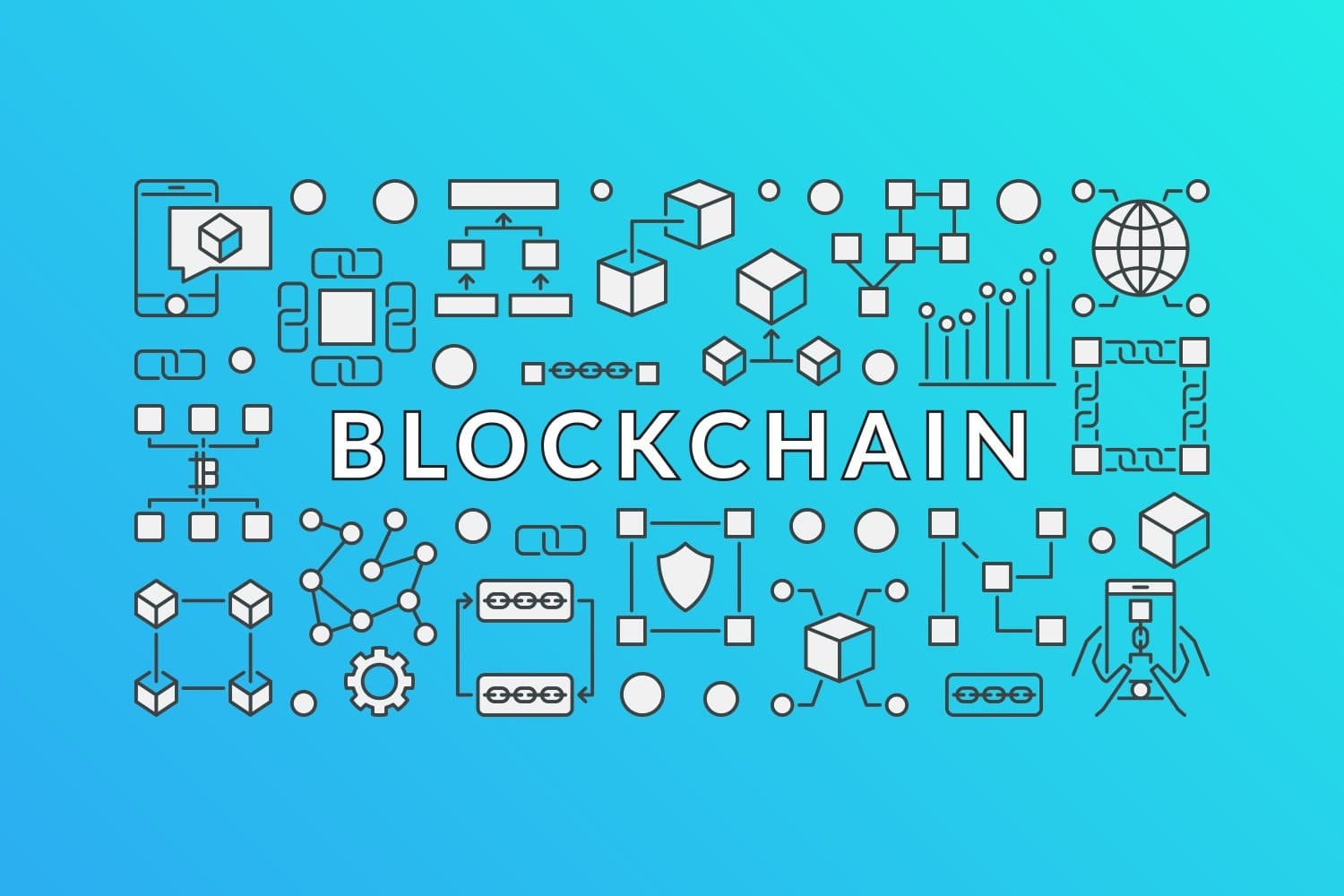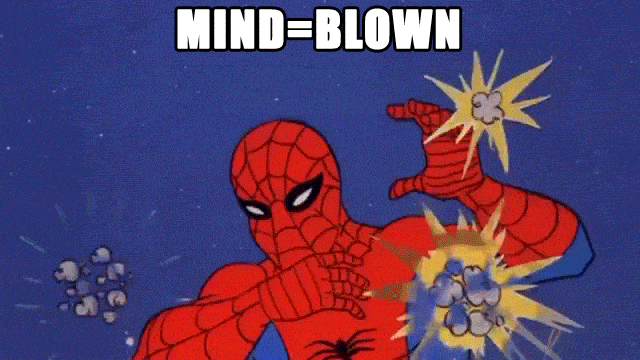If you’re still new to what blockchain is, you’re not the only one in the world of business still puzzling over it. However, what you’ll find interesting about blockchain is it’s really not new, even if it’s just now becoming better known in the mainstream.
Any of you who’ve read about the cryptocurrency bitcoin have already heard about blockchain in the periphery. It’s the technological foundation for bitcoin transfers, namely in providing a private peer-to-peer network and bringing user transparency.
So why should you learn more about what blockchain is and what it does? Shortly – this technology is going to revolutionize the way we’ll send information, essentially making it a new internet.
Take a look at why you should consider it for your IT in 2018.


